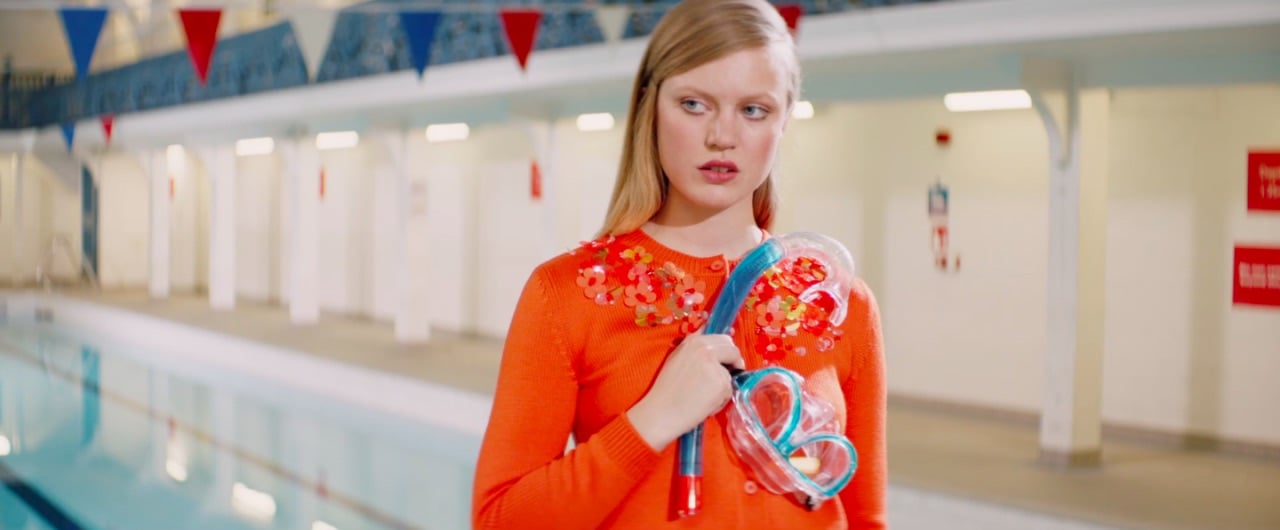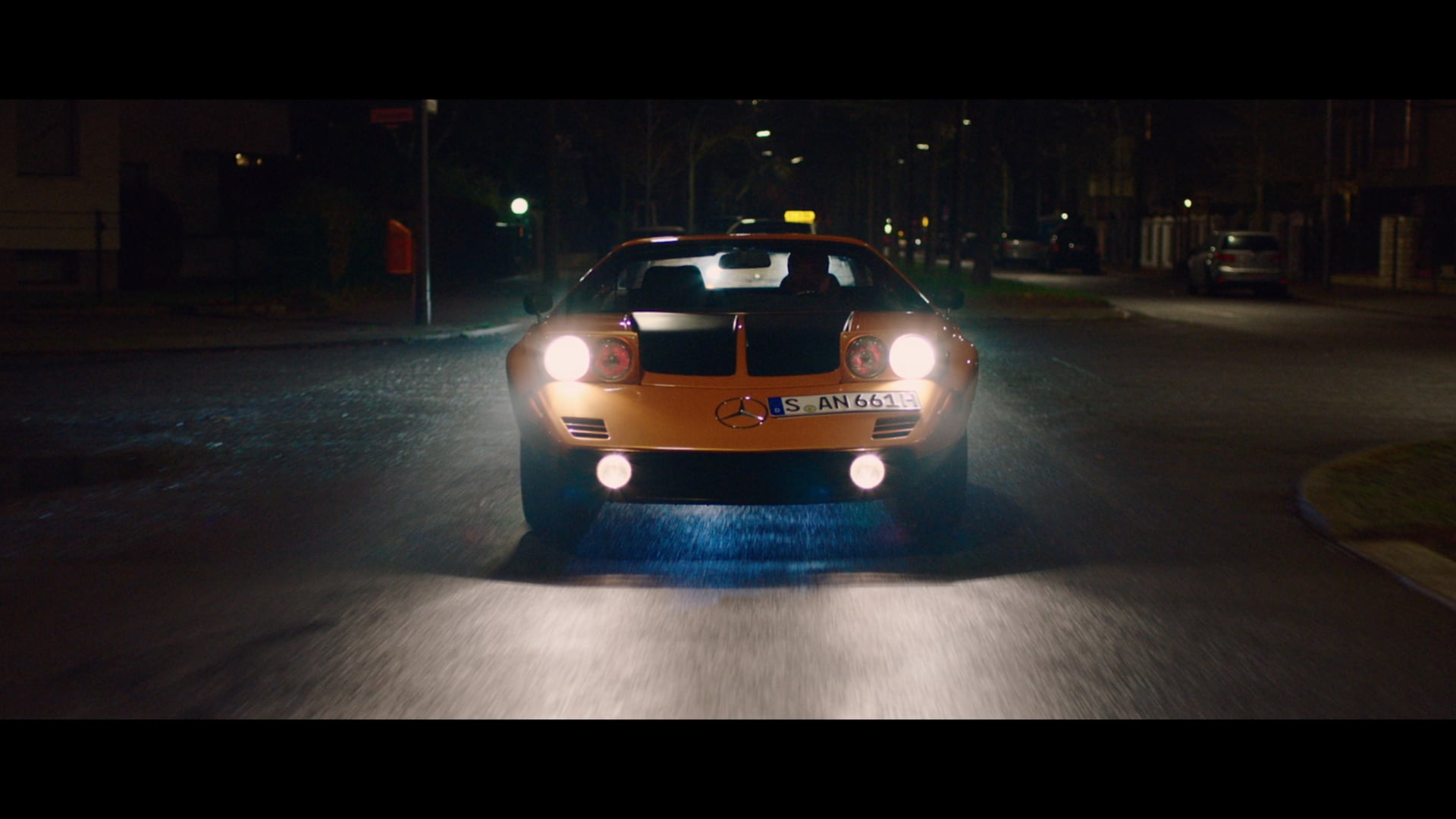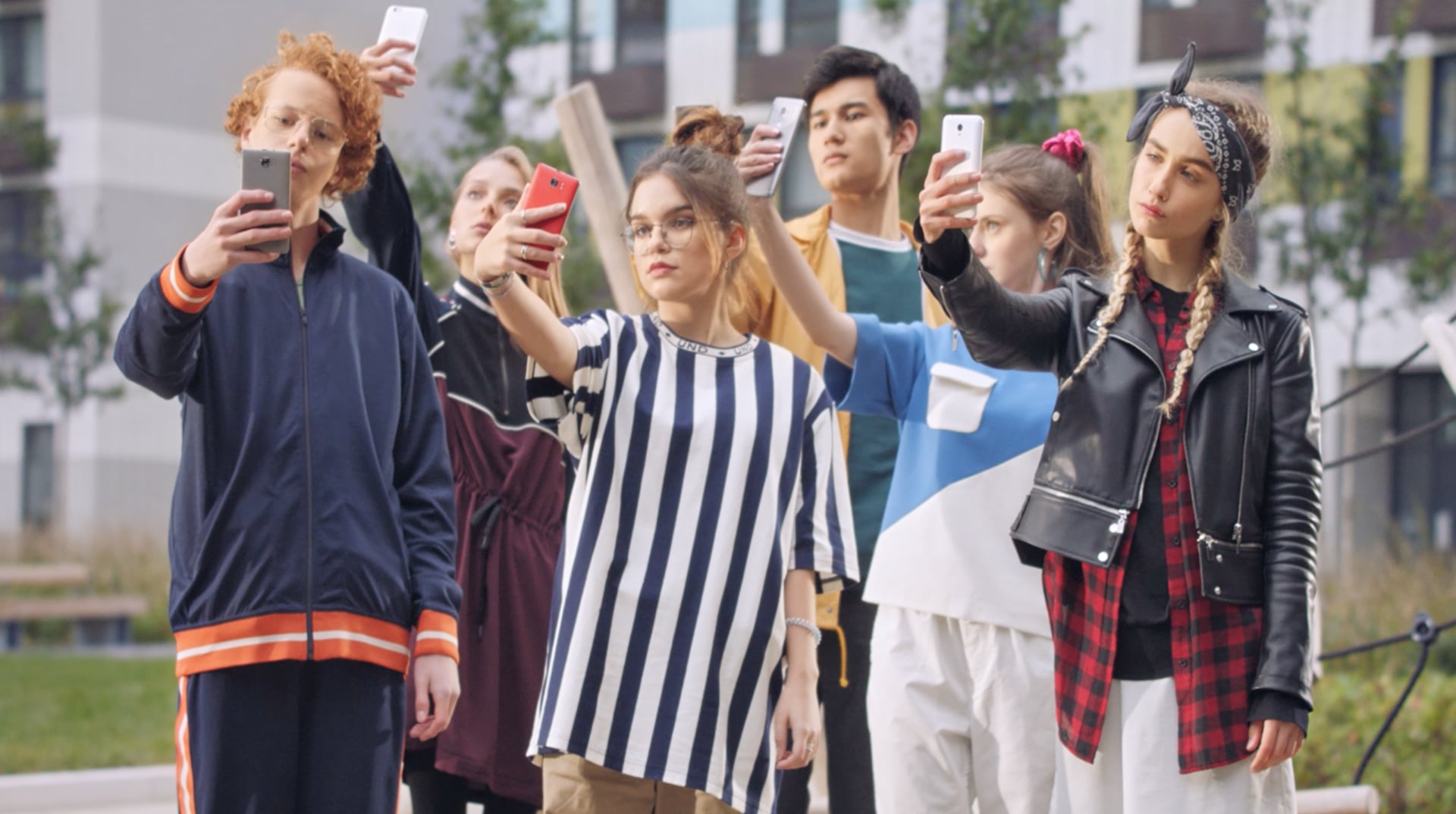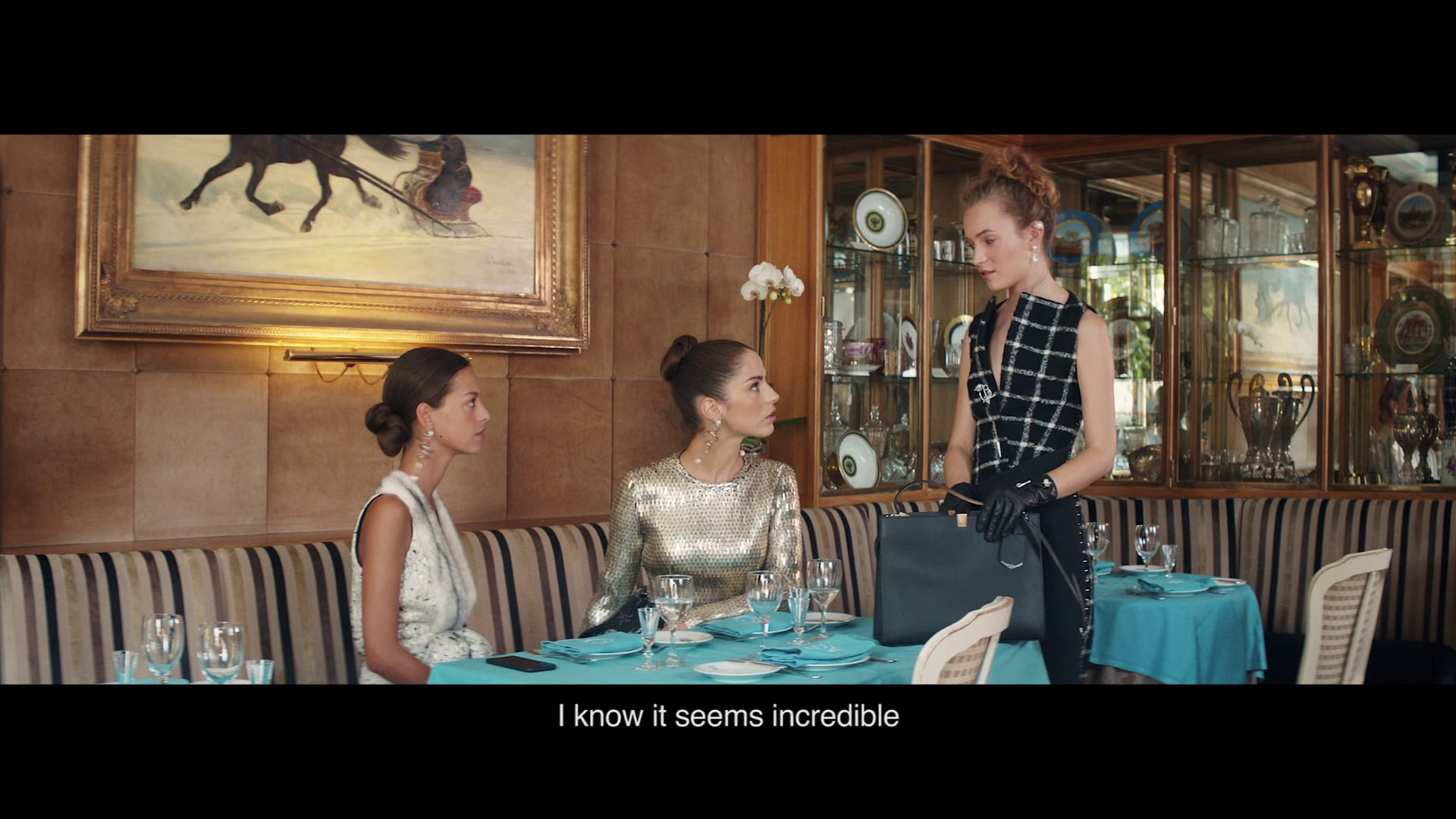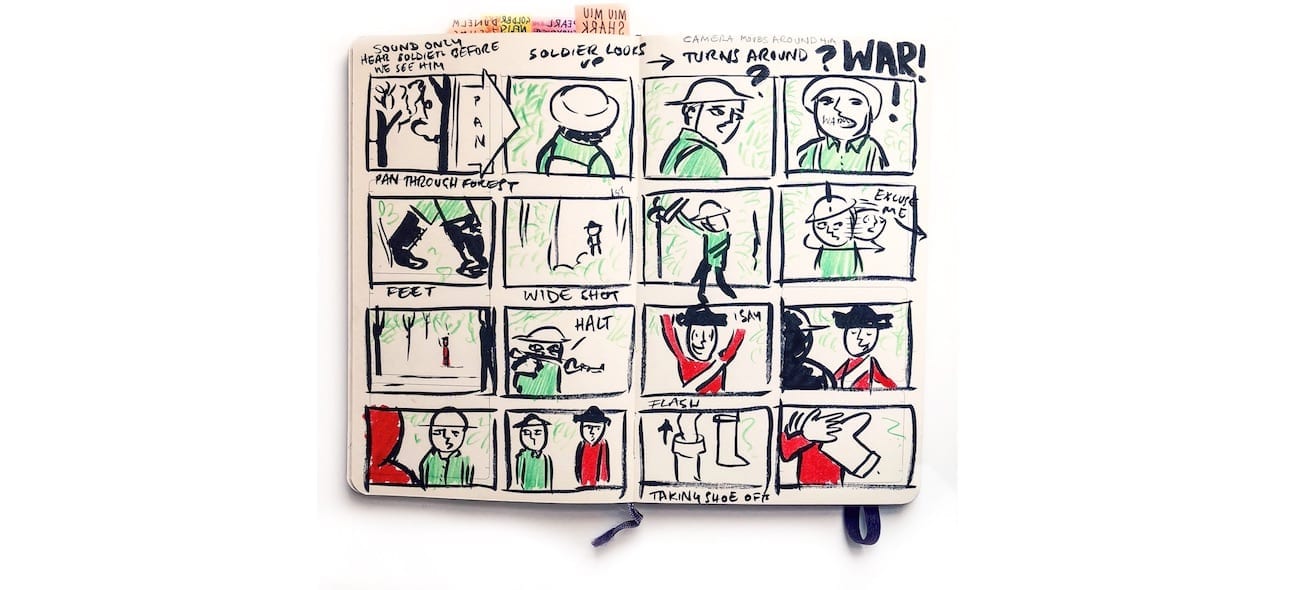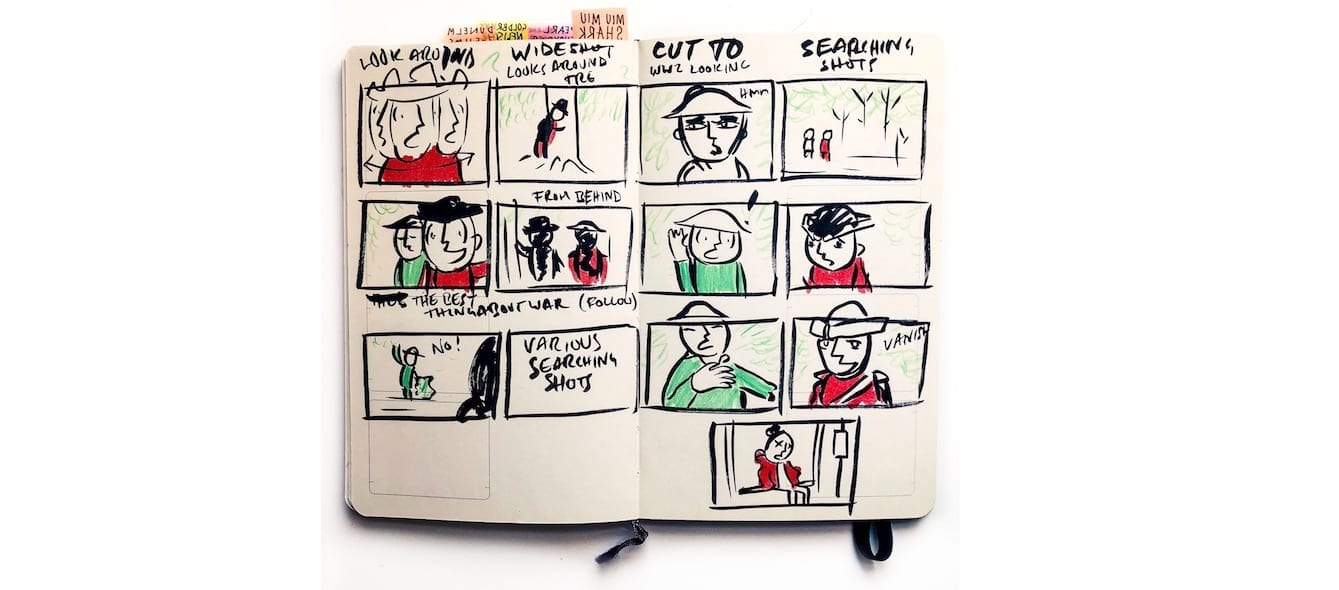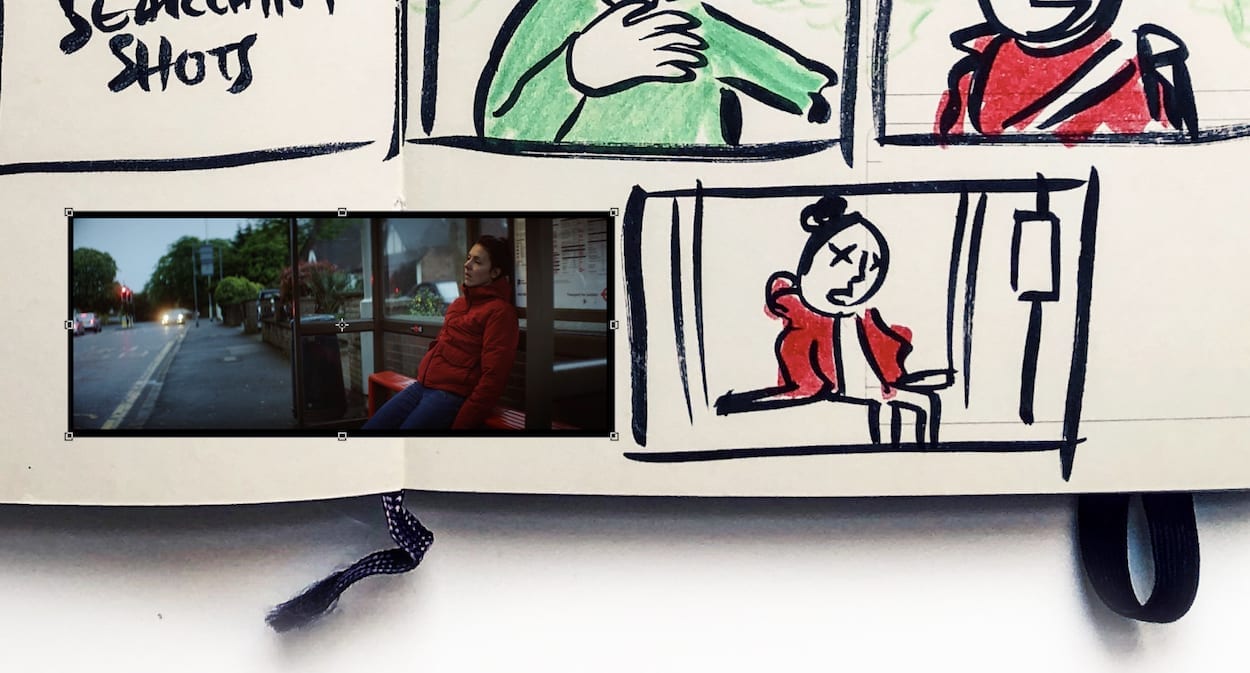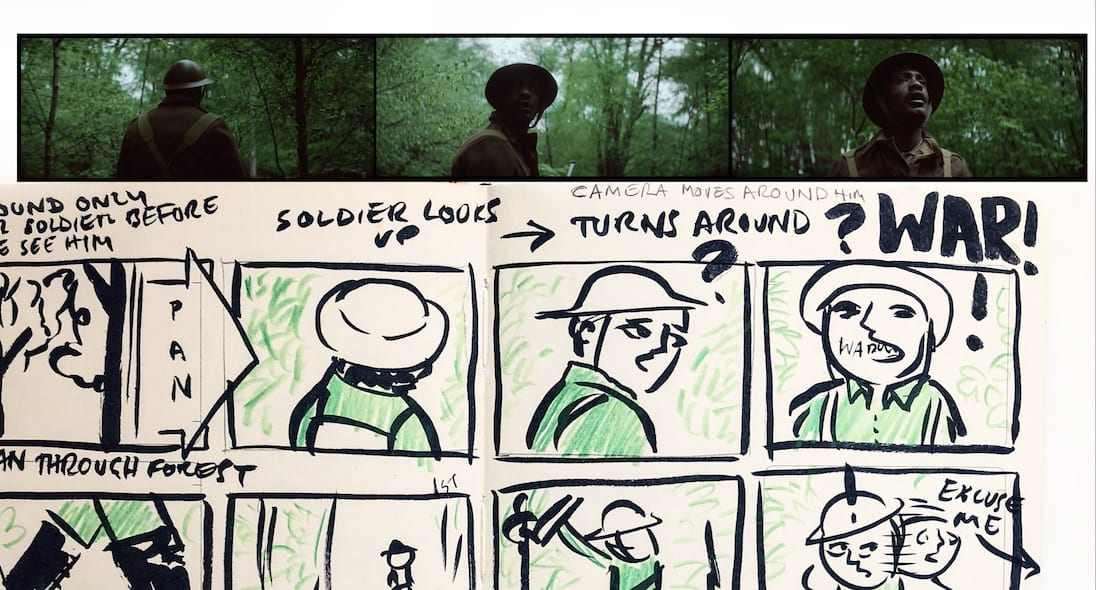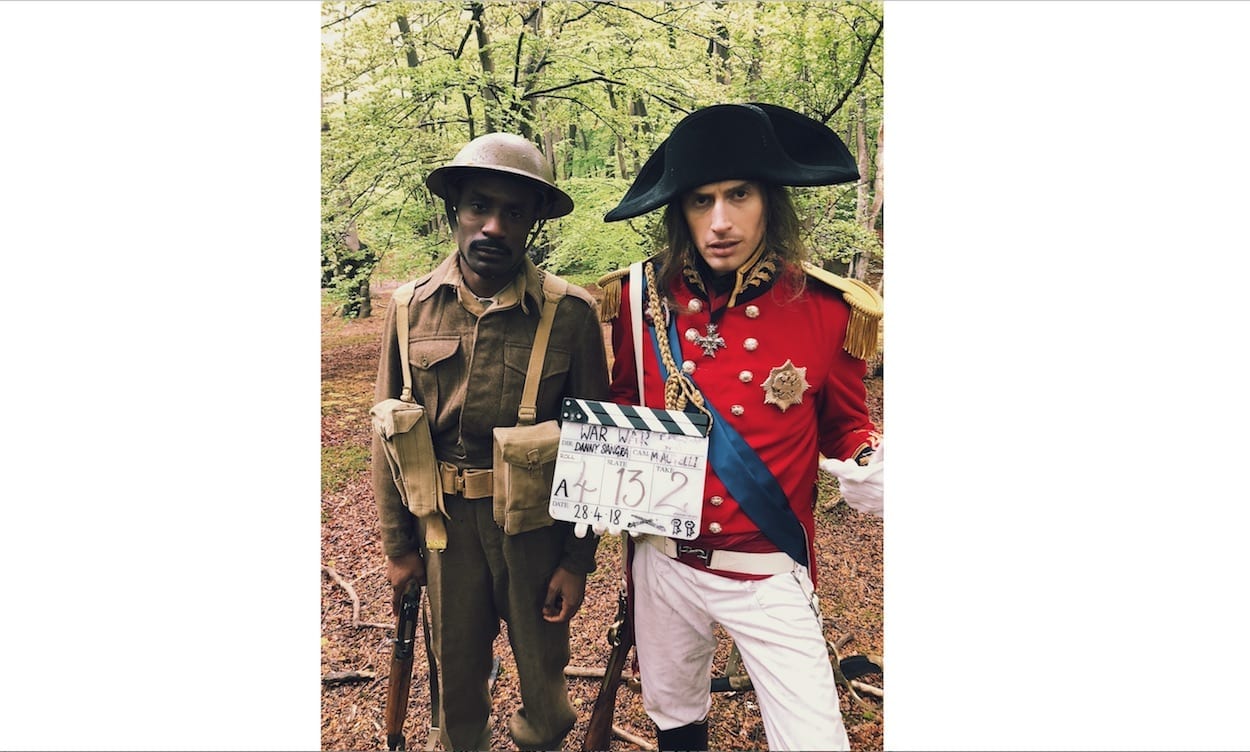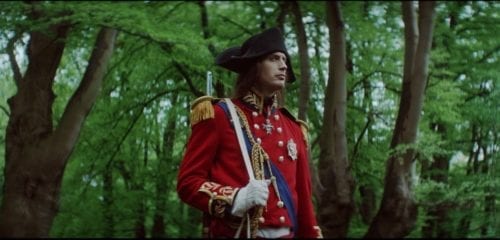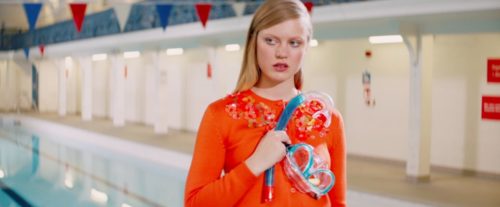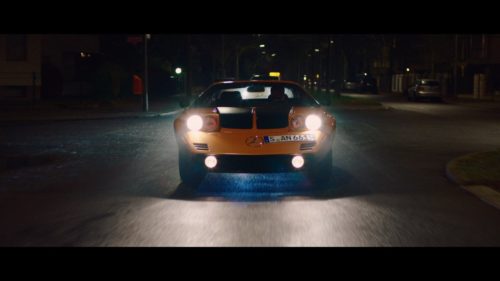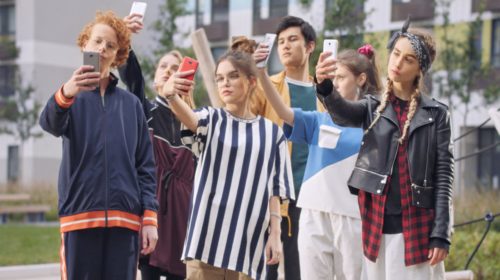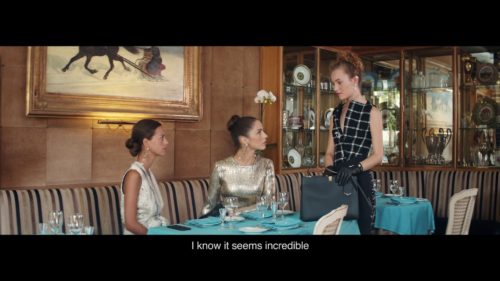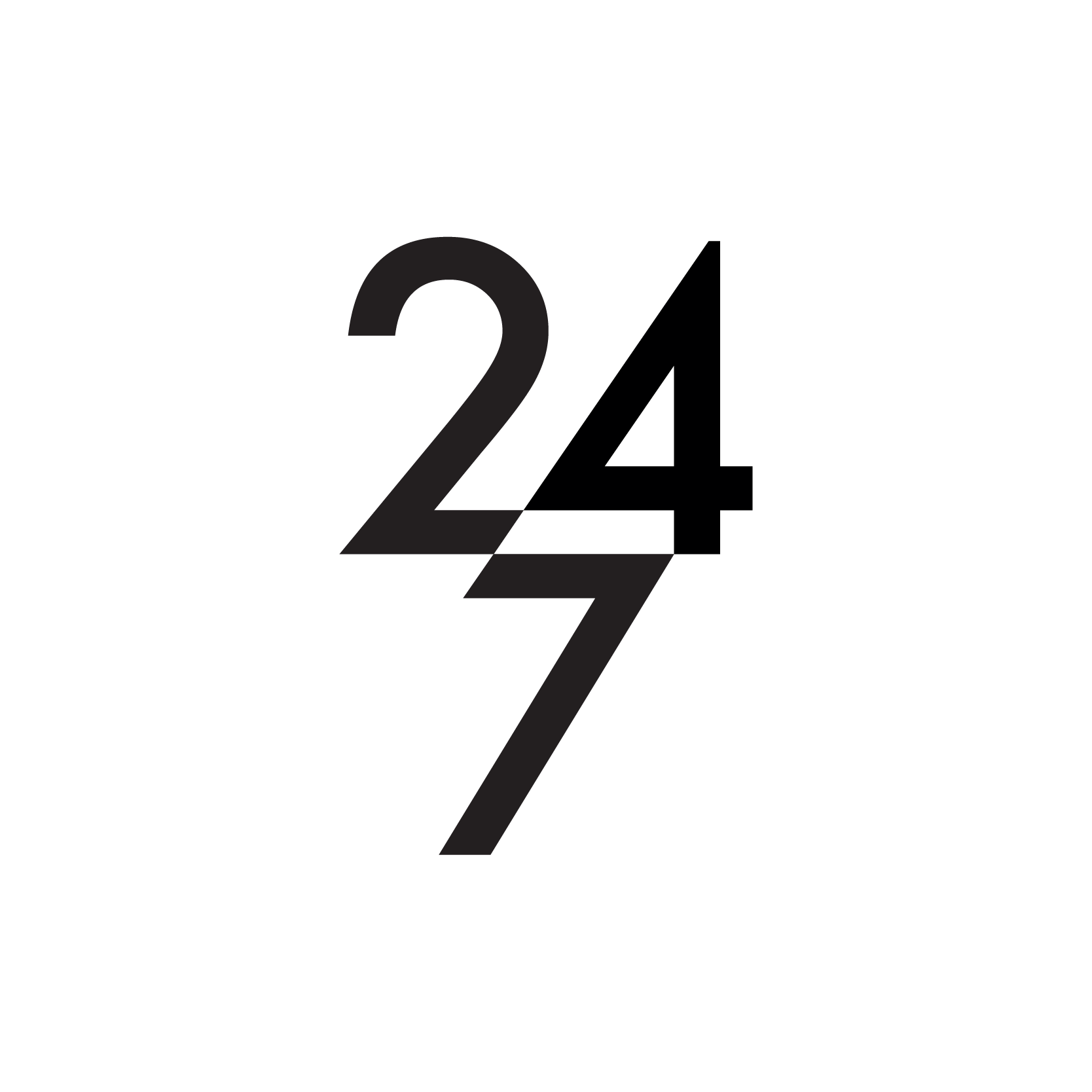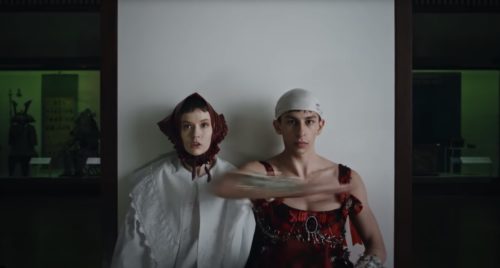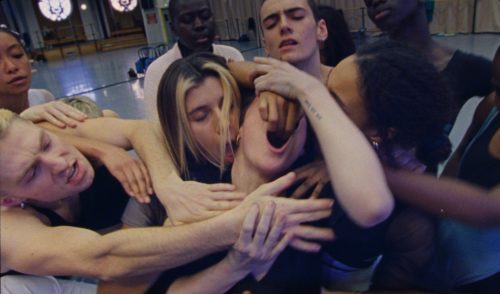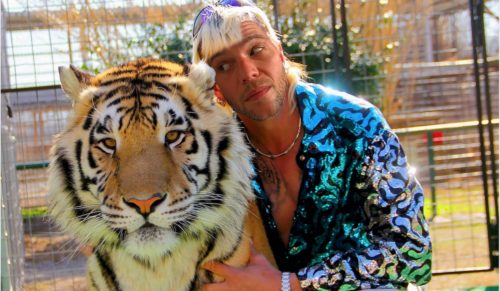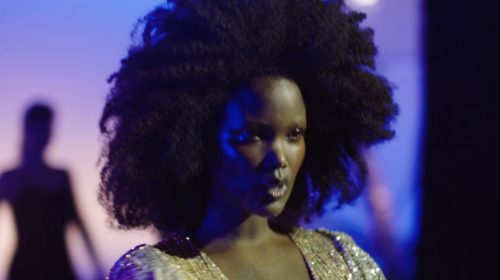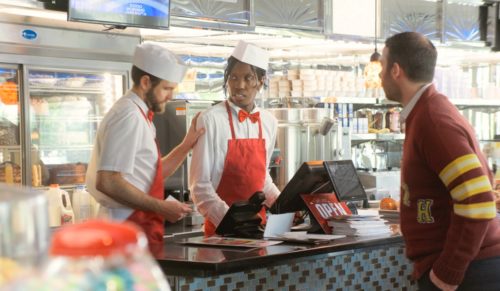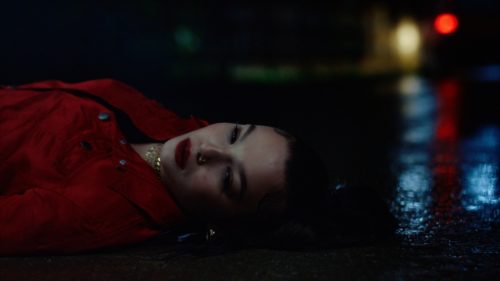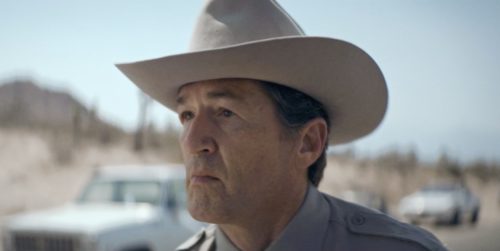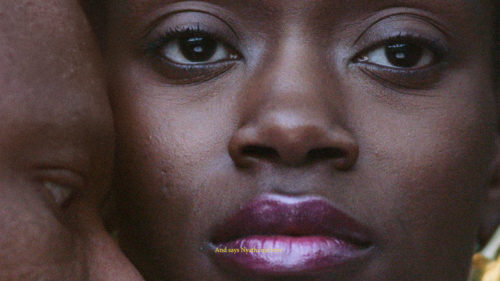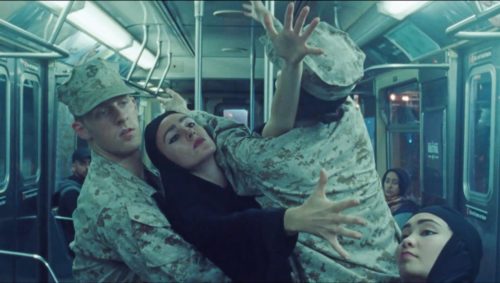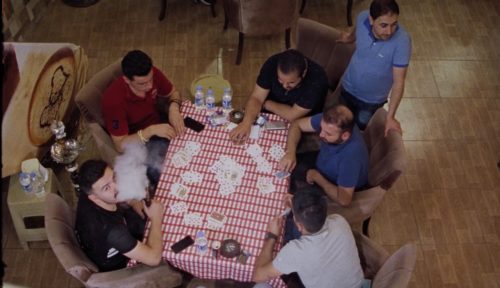1.4: Although you are a trained graphics illustrator, you’re also a prolific filmmaker – commercials, fashion films and a never ending stream of short films which are always picking up Staff Picks on Vimeo and of course being featured here! Where does this desire to make stories come from? What were your first visual influences?
DANNY: Growing up, I think my dad thought I was going to be a photographer, he was really heavily into film. And I got into film really because of him, he loved Kurosawa films, I didn’t understand them and I couldn’t read the subtitles, but they were the first ones I remember seeing.
1.4: Tell me a bit about your father. Why was he so into Kurosawa, which must have been in the Eighties?
Eighties for me, yes, but for him, I’m not sure. He did a lot of martial arts and he respected different cultures. Also he just loved cinema. Kurosawa was pure cinema.
1.4: He was a Sikh?
DANNY:: He was, yes. He passed away a few years ago. He loved visual stuff. My uncles, even though they did other things like law and engineering, all enjoy making things and to be honest they’re all good at it, it’s just not their profession. So when I was a kid I was around that. Indian families coming to England in that era didn’t do art, it’s just not a thing.
1.4: Where had they come from?
DANNY: Kenya. My eldest uncle came over in the early sixties, they came over for school. My dad always had this creative influence, but he was quite strict with his ways. He always had to be on point whereas my Mum was really open.
I didn’t start drawing until I was eight. I fell off a chair, you know those big barbershop chairs? Mum was a hairdresser. I was really shaken and her assistant sat me down, gave me a paper, and said “Okay, you draw this cartoon.” It was a Tom Johnston cartoon strip. I was like, “Yes!” I can still draw this character. It was at that point I was like, “Oh, I think I’m quite good at this,” so I would draw characters.
Growing up, we were pretty broke so cameras and things weren’t an option, but drawing stories was almost free. Then I went to college, and for years I was doing well as an illustrator, I still do print designs for fashion houses and different brands.
1.4: Actual textiles?
DANNY: Prints for textiles. However I did once have a knitwear label with a friend for a minute, that was more art direction.
The last major project I worked on was my collaboration with Burberry which encompassed almost everything I like to do.
1.4: There’s several layers to the Burberry work, it’s not just illustration. So, does that happen spontaneously when you’re in the moment, or is that all quite carefully thought through?
DANNY: That development has been going on for years. There’s a few doodles, but the bulk of it is writing. I’m not solely trying to do one thing, I just like making stuff. It’s that simple.
1.4: So you’re just like your uncles and your father.
DANNY: I guess, yeah. Really though it’s because I had a mum that nurtured it.
1.4: Was she English?
DANNY: Jewish, yeah.
1.4: Where did your parents meet?
DANNY: In Leeds, in the seventies. In a pub. To be mixed race in the seventies, two religions as well, that’s a tough gig, I think. She understood if you loved something, you just did it and you’ll be alright. She always says stuff like ‘You might not make millions, but you’ll be good, you’ll be happy’. She’s a hairdresser and she LOVES it.
1.4: Hairdressing?
DANNY: Well, my dad was a hairdresser too. I grew up in hair salons, I think that’s why I like writing dialogue, to be honest.
1.4: Of course!
DANNY: I grew up around people telling their most honest stories and not realising there’s a kid listening in. You just hear how people talk.
1.4: You collaborate a lot, don’t you? Do you have a usual gang with whom you make the short films with…
DANNY: Yeah, different groups in different countries, but I have a core group, especially actors. I started with Tim Renouf then he brought in Margaret Clunie. I tend to write stuff for them slightly different. Tim has a great physicality he can bring into a performance. And the more know her, the more you realise she’s got really good comedic timing and she’s genuinely funny, mostly when she doesn’t realise it. So the more I work with her, the more I push the humour. I tend to write more women’s roles than I do men’s roles.
1.4: Your women are good strong often quirky individuals.
DANNY: I’ve grown up around women who aren’t around men. My mum was a single parent and I’m an only child. Most the other kids on the estate only had mums too. So I only knew strong women. Also, people talk with their hairdressers about things that they don’t necessarily talk about in front of anyone else.
So I think that’s the only reason I tend to gravitate more towards that voice. I write characters that I find interesting. It’s not about if it’s a man or a woman.
1.4: There’s an emphasis on fashion in some of your commercial work, your style varies a lot, but your film language does lend itself – because of the strong women characters, to narrative instead of catwalk films.
DANNY: Yeah, I guess I don’t really write films with ethereal figures in floating white gowns and stuff like that, there’s none of that. They’re all –
1.4: Stroppy –
DANNY: They’re not just background things. But it’s not like I go into something thinking I shouldn’t do that. It just doesn’t interest me.
I think because I came through fashion film, it’s had an impact on the rest of my career. I ve never really wanted to make music videos (which was one of the few ways to begin in directing). The best thing about fashion film is there are no rules. It didn’t exist on the same critical level as music videos because music video people were different to fashion film people. That has since changed but essentially it still exists.
1.4: In between your commercial work whether that be advertising or fashion films, you’re relentlessly making your own films. What drives you to be creating all the time?
DANNY: The real, real reason why I make so much stuff is because I get anxious about what I’ve just put out. I can only see the flaws. To mask over that feeling I have to make something else and then what happens is you then end up with 12 films in a year.
1.4: And now your latest short film, WAR, has won you yet another Staff Pick with Vimeo this week. Isn’t the Napoleonic guy in this film a regular actor of your’s too?
DANNY: Yes that’s Tim he’s in loads of my films. The thing is, I use the same actors because most of my short films are linked. I’ve got a site, Voltaville, where I put all my personal shorts together. You can see how they all link and explains the serial numbers on every film, the random stuff in the background, names that are mentioned by other characters. It’s a nerd fest.

